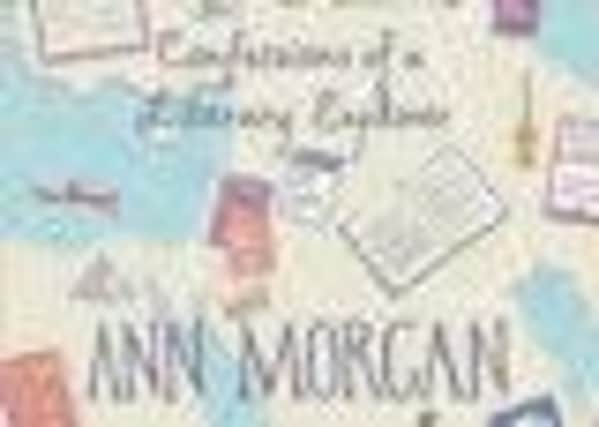Always more to explore by reading world fiction


If you looked at your bookshelf right now, what sort of story would it tell about you? When I did this a while back, I got rather a shock. Despite thinking of myself as a fairly cosmopolitan type, I found the reality my personal library reflected was distinctly parochial. With the exception of a battered Madame Bovary and Death in Venice – there were hardly any translations at all.
If your book collection is similar, you are not alone. With translated works accounting for only 4.5 per cent of the poetry, fiction and drama published in the UK and Ireland each year, most British bookshelves are lacking in titles from elsewhere. When you set this against the figures for foreign-language literature published in many neighbouring European countries – where translations make up around 45 per cent of publications in the Netherlands, a third of France’s literary output and as much as 70 per cent in nations such as the Czech Republic and Slovenia – the whole of Britain looks rather insular (in all senses of the word).
Advertisement
Hide AdSo when, in 2012, the world descended on London for the Olympic Games, I decided to set myself the challenge of reading my way around the planet in a year, sampling one book from every one of the 195 UN-recognised states, plus Taiwan and one extra territory to represent the rest of the world. Realising I would need some help, I registered the domain name ayearofreadingtheworld.com and posted a short appeal asking for fellow booklovers’ advice.
FOLLOW US
SCOTSMAN TABLET AND MOBILE APPS
What followed was an extraordinary adventure. Within hours, readers around the globe were getting in touch with recommendations and offers of help. Some went to bookshops in far-flung places and conducted research on my behalf, others sent me books, and in a couple of cases people even wrote or translated works specially for me.
Some of the most fascinating encounters involved countries with little or no literature commercially available in English. Portuguese- and French-speaking African nations are particularly poorly served in this respect, despite many of them having plenty of published literature. As a result, for places like the Cormoro Islands and São Tomé and Príncipe, I had to rely on unpublished translations sent to me by the translators themselves.
The fact of these works not having secured English-language book deals was often no comment on their quality. Indeed, when it came to Mozambique, I was rather taken aback to find myself reading an unpublished translation of the extraordinary Ualalapi by Ungulani Ba Ka Khosa, a novel that won the Grand Prize of Mozambican Fiction and was named one of the top 100 African books of the 20th century by an African jury in 2001. Having the privilege of being one of the few Anglophone readers ever to experience this powerful story with its towering tragic hero and striking imagery felt like looking through a keyhole into a locked garden of beautiful plants. It made me impatient to know what other wonders were waiting there beyond the language barrier, out of my reach.
Not every book I read that year was excellent. In particular, in a couple of cases I found myself grappling with some rather dubious wannabe thrillers the authors of which clearly fancied themselves as the next Dan Brown). These days my bookshelf looks rather different. The central section is stacked with volumes from all over the planet and my e-reader is brimming with translations too. More arrive every week – sometimes every day – as people continue to contact me with recommendations of books from their part of the planet. My project may have finished, but the journey through the globe’s stories continues and I have come to realise that I’ll probably be reading the world for the rest of my life. I have to confess I’m rather pleased about that. As I discovered when I set out on my literary quest three years ago, there is always more to explore.
• Reading the World: Confessions of a Literary Explorer is published by Harvill Secker, price £16.99